Burundi’s technology sector is evolving with the emergence of Artificial Intelligence (AI) in education and the private sector. Yet, the foundational field of computer science faces significant challenges, including limited resources, outdated curricula, a shortage of qualified personnel, and unreliable internet connectivity. Consequently, many university graduates with IT background enter the job market without sufficient practical skills, limiting their ability to secure internships and employment.
Nicia Keys Inampayano, a second-year Digital Technology student at the University of Burundi, highlighted the scarcity of essential equipment. “There are not enough computers for us to practice effectively and excel in our studies,” she explained, emphasizing the need for laptop support. “We would love for each student to have a personal laptop for hands-on practice to ensure we graduate as a highly skilled cohort.”
Michelle Mukeshimana, Dean of the Faculty of Digital Technology at the University of Burundi, echoed these concerns. “The main challenge is the lack of equipment, which prevents students from practicing as they should,” she stated.
Private universities, often perceived as better equipped, face similar issues. Daniel Irakoze, a third-year Computer Maintenance student at Great Lakes University (UGL), described logistical difficulties caused by sharing computers across three campuses. “Sometimes, we miss practical sessions due to the logistical challenge of moving computers between localities,” he said.
Méthode Niyonkuru, Dean of the Faculty of Science and Technology at the Great Lakes University (UGL), linked this issue to national challenges, including outdated regulatory frameworks, unreliable energy supplies, a shortage of skilled personnel, and insufficient modern equipment. Due to these constraints, many students graduate with inadequate skills. “Among 30 students, only two acquire substantial knowledge,” Irakoze noted, stressing the importance of personal computer ownership for independent research.
Outdated Curricula Limit Knowledge
The University of Burundi also struggles with outdated curricula and inadequate training for lecturers, which hampers students’ knowledge. “Some teachers fail to update their knowledge, leading them to teach outdated content,” Mukeshimana explained.
To bridge this gap, she suggested integrating smartphone-based learning as a temporary solution while awaiting more computers. “Students can use smartphones for some exercises, but computers remain essential,” she said. The university is negotiating with companies to provide computers at reduced prices, with the process expected to be finalized by March.
The ongoing resource shortage impacts students’ internship prospects. Jesus Izerimana, a Digital Technology graduate from Tanganyika Lake University, shared his experience: “Internships are challenging because companies often have to train students from the beginning. The experience depends on the company’s willingness to provide training.”
Innocent Sangwe, Co-founder of HOGI Online—a company offering web development and hardware maintenance services—confirmed these challenges. “We receive students with varying levels of knowledge. Some need extensive training before they can contribute effectively,” he noted.
To better prepare students, Mukeshimana emphasized the need for university-industry collaboration. “In other countries, universities partner with companies, so students engage with professionals early on, helping them prepare for internships more effectively,” she noted.
Efforts to Address the Crisis

In August 2024, leaders from the University of Burundi’s Institute of Digital Technologies met with representatives from telecommunications companies, banks, the military academy (ISCAM), university lecturers, and other stakeholders to strengthen partnerships. These collaborations aim to provide students with hands-on experience before graduation.
“We have introduced new teaching approaches that incorporate practical exercises before internships,” Mukeshimana explained. “We have also invited industry professionals to collaborate with us, offering training sessions and updates on industry trends. This will help align academic learning with real-world demands.”
Sangwe praised the initiative, highlighting its potential impact. “This allows students to prepare for internships from their first year. By the time they reach their third year, they will have gained significant practical experience,” he said.
AI Integration: Opportunities and Challenges
Despite these challenges, AI is becoming an integral part of Burundi’s education landscape. “We have been integrating AI since 2018, and it is now part of our curriculum. AI is in high demand due to its rapid growth, and it will be an essential technology in the coming years,” Mukeshimana stated.
However, students express mixed feelings about AI’s impact on their learning habits. Gloria Nibizi, a graduate in English Literature at the University of Burundi, said, “AI helped us access relevant information quickly, but it also made us lazy in searching through books.”
Mukeshimana defended AI’s role, advocating for responsible usage. “AI does not diminish intelligence—just as calculators assist in solving mathematical problems without reducing intellectual capacity,” she argued.
Elvis Manariyo, a university lecturer and expert in education and psychology, emphasized the need for a balanced approach. “The coexistence of technology and individual capabilities is becoming increasingly complex due to technological advancements that tend to take over individual thinking, which was once the sole source of knowledge and reasoning,” he said.
“To integrate technology into education without harming learners’ abilities, it is essential to adopt a balanced and thoughtful approach. Technology should complement traditional teaching methods rather than replace them,” Manariyo added.
AI is also making waves in Burundi’s private sector, creating job opportunities for young entrepreneurs. Frank Kwizera, a web developer, praised AI’s efficiency. “Before AI, we spent a lot of time searching for information. Now, AI helps us complete tasks faster and more efficiently,” he said.
Internet Instability Limits Digital Growth

Internet instability remains a significant barrier to AI adoption and digital growth in Burundi. A young web developer shared his frustration: “The internet in Burundi keeps failing. For developers, this means staying up all night trying to work.”
This issue affects not only students but also businesses and professionals. Bienvenu Irakoze, Executive Secretary of the country’s Information and Communication Technologies (SETIC), identified network saturation, lack of investment, and frequent power outages as major issues.
In response to growing public concern, the Burundian government launched the Project to Support the Foundations of the Digital Economy (PAFEN) to improve internet access, particularly in rural areas.
As Burundi’s technology education sector grapples with equipment shortages, outdated training, and internet challenges, experts emphasize the need for strategic investments. “It is crucial to promote an active and creative use of technology where learners develop problem-solving and analytical thinking skills,” Manariyo said.
The Dean of the Faculty of Digital Technology at the University of Burundi remains optimistic about the future, citing long-term initiatives to expand infrastructure. “We are working on solutions to ensure all students have access to the necessary tools for success,” she said.

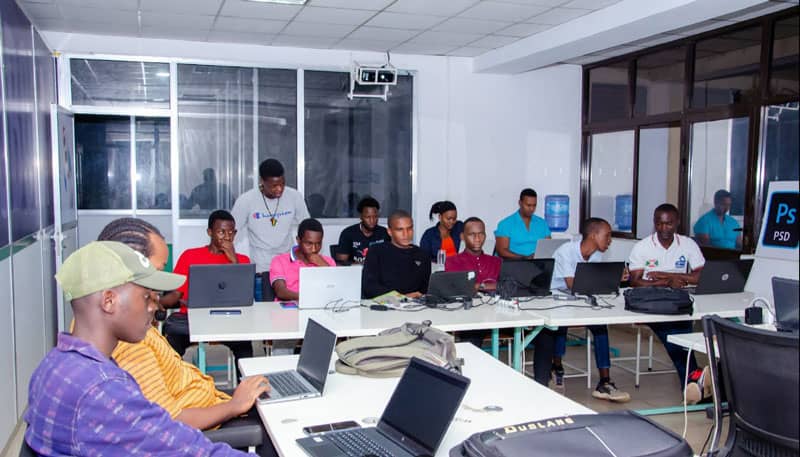

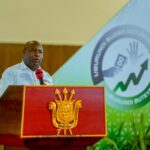
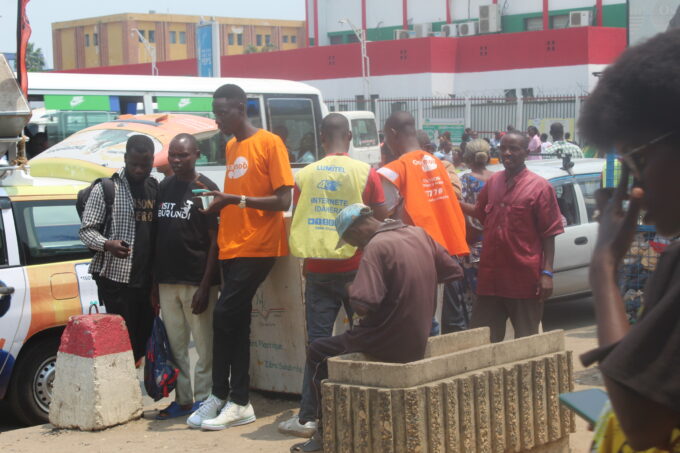
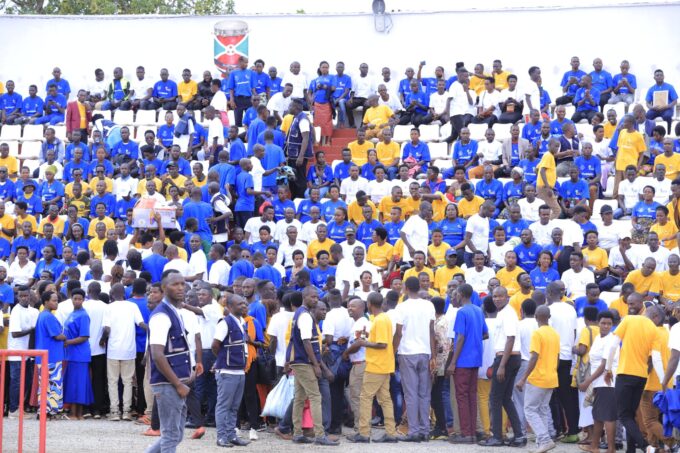

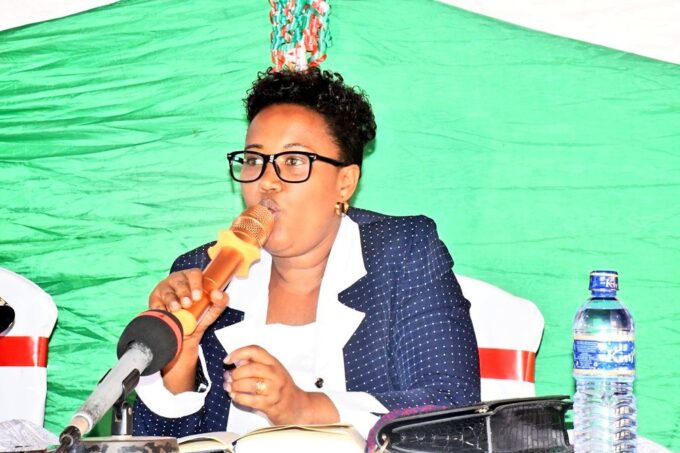
Leave a comment